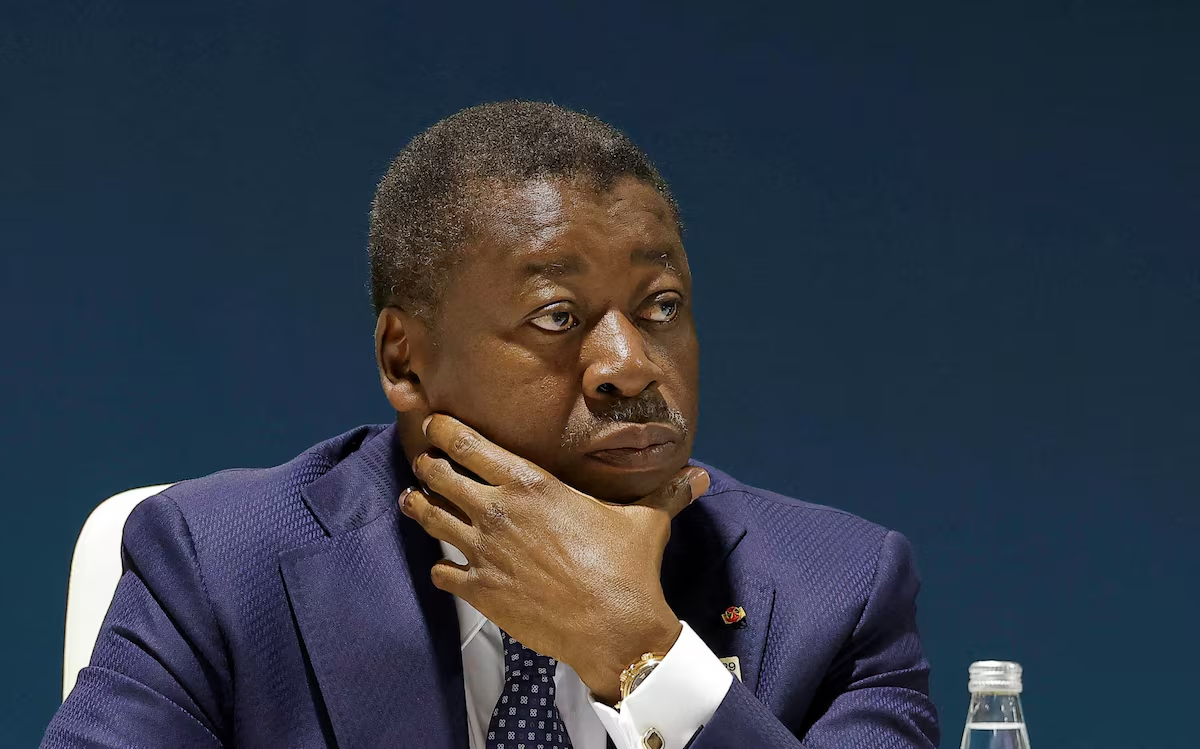The African Development Bank (AfDB) on Tuesday approved a $139 million loan to Johannesburg, South Africa, marking its first direct lending to a sub-sovereign entity.
This significant investment aims to revitalise the city’s ageing utilities.
Johannesburg, despite being home to “Africa’s richest square mile,” has faced considerable criticism for its deteriorating infrastructure.
President Cyril Ramaphosa recently highlighted the city’s need for a facelift as it prepares to host the G20 summit in November.
The AfDB stated that the loan will fund “100 carefully selected projects” focused on modernising Johannesburg’s electricity, water, and waste infrastructure. This move is a historic first for the bank, which typically lends to national governments, by extending direct financing to a subnational entity like a city.
Kennedy Mbekeani, AfDB’s Director General for Southern Africa, emphasised the significance of the transaction: “This historic transaction demonstrates the African Development Bank’s commitment to supporting creditworthy cities as engines of economic growth.”
He added that by strengthening Johannesburg’s infrastructure, the bank is “investing in Africa’s urban future,” given the city’s 16% contribution to South Africa’s GDP and its role as an investment gateway for the continent.

Johannesburg, often called “the city of gold” or “Jozi,” has long grappled with issues stemming from mismanagement, including burst water pipes, overflowing garbage, and cracked roads.
The AfDB noted that annual electricity losses in the city have stood at 30% for the past three years, with water losses exceeding 46%.
In March, President Ramaphosa publicly expressed his dissatisfaction with the state of the city of six million people, describing it as “not very pleasing” and urging authorities to improve its appearance before the November G20 meeting.
He stressed, “As South Africans, we are proud people, and let us get that pride to lift us so that we do present a G20 that will wow people.”
This new loan for Johannesburg comes in addition to another AfDB loan approved on Tuesday for South Africa, totalling over $474.6 million, aimed at promoting energy efficiency and rail reforms. These AfDB loans follow a $1.5 billion loan from the World Bank last week, intended to help revive Africa’s most industrialised economy and its sluggish growth rate.










